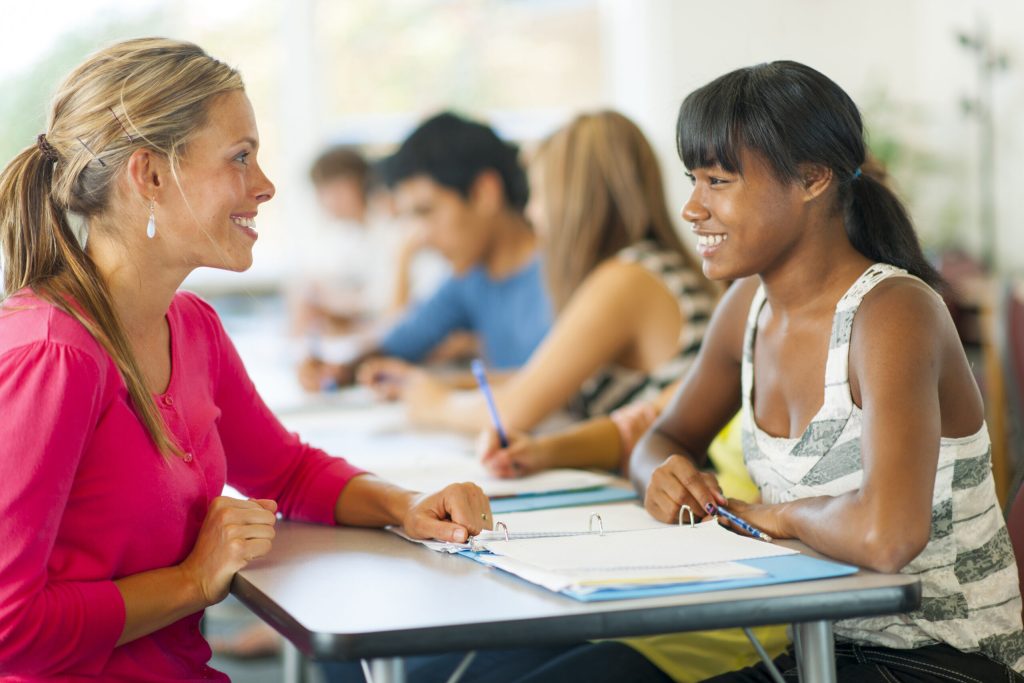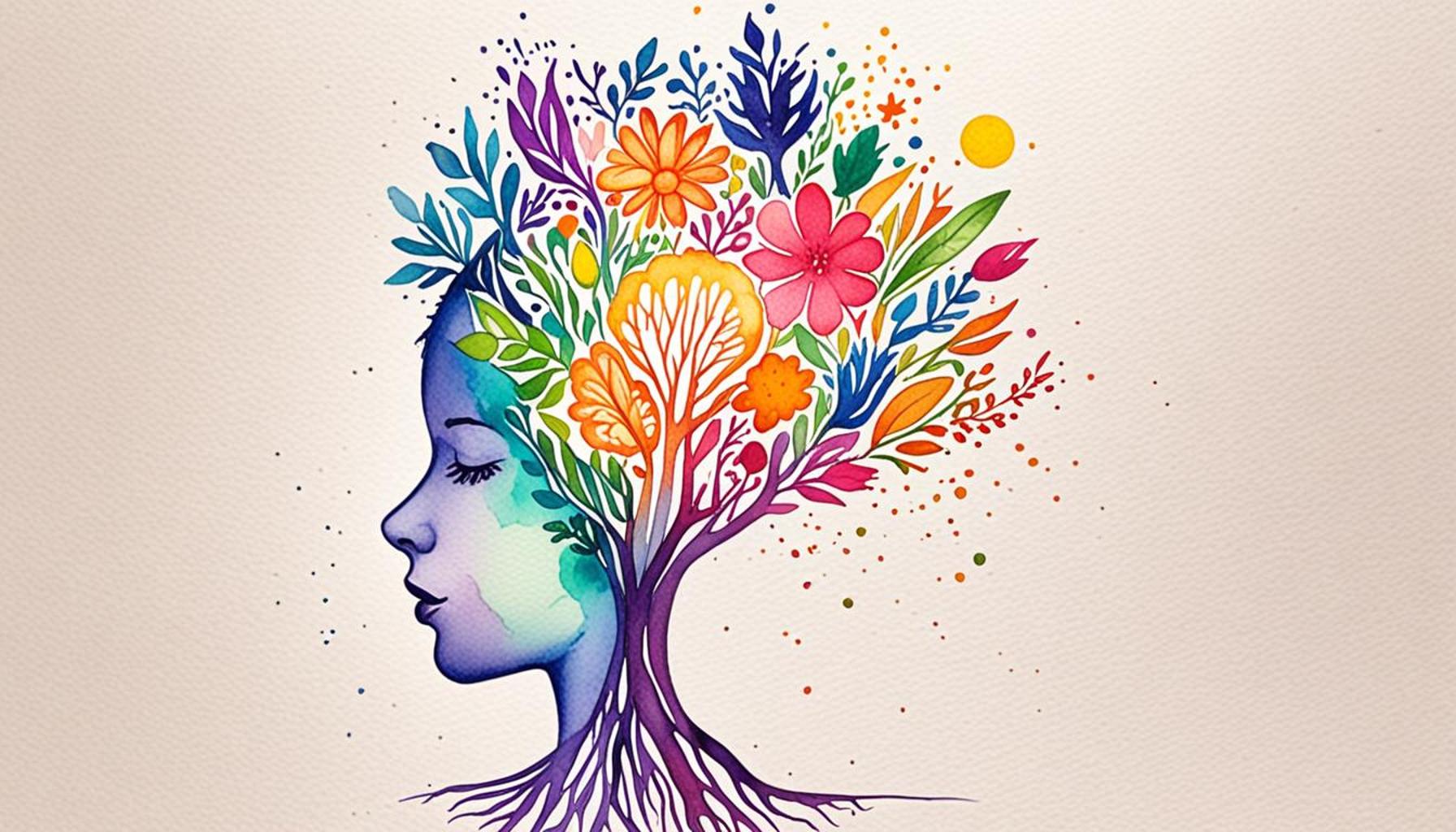The Impact of Self-Assessment on Learning Strategies and Growth Mindset

The Impact of Self-Assessment on Personal Growth
Self-assessment is more than just a method; it is a vital practice that reshapes how individuals navigate their educational and professional landscapes. In a diverse and dynamic country like Nigeria, where access to educational resources often varies greatly across different regions, instilling a culture of self-reflection among learners can dramatically enhance their ability to identify personal strengths and areas that need development.
The advantages of incorporating self-assessment into daily routines are profound. First and foremost, it enhances learning strategies. Students who actively engage in reviewing their academic achievements are better equipped to tailor their study methods according to their learning preferences. For instance, a primary school student in Lagos struggling with reading comprehension may realize through self-assessment that they learn better through auditory means. Consequently, they might choose to listen to audiobooks or engage in discussions with peers, thus reinforcing their understanding.
Another key benefit is the ability to set realistic and achievable goals. By continuously evaluating their performance, learners can formulate targets that are both attainable and aligned with their personal aspirations. For example, a university student in Abuja could evaluate their previous academic performances, leading them to decide on a specific GPA they wish to achieve in the upcoming semester. This self-set goal not only provides motivation but also frames their study approach more effectively.
Developing critical thinking and problem-solving skills is another pivotal aspect of self-assessment. In challenging scenarios, such as preparing for the Unified Tertiary Matriculation Examination (UTME), students can analyze their practice test results to pinpoint knowledge gaps. This deeper level of engagement allows them to address weaknesses before the actual exam, giving them a strategic edge over their peers.
The implications of self-assessment stretch beyond academia, influencing personal and professional arenas as well. It cultivates a growth mindset among individuals. This philosophy suggests that intelligence and abilities are not fixed traits but can be cultivated through effort and perseverance. An illustrative example can be seen when an entrepreneur in Nigeria evaluates their business skills through customer feedback. After inspection, they might recognize a deficiency in their marketing strategy. By addressing this area with targeted learning and skills training, they can make informed decisions that contribute to their business growth.

In today’s fast-paced world, adaptability is crucial. Self-assessment instills a sense of accountability and encourages continuous learning, both of which are essential attributes for success in various settings. As such, incorporating self-assessment into everyday life not only enhances academic and professional performance but also fosters a lifelong love for learning, creating a generation of resilient and adaptable individuals capable of thriving amidst challenges.
SEE ALSO: Click here to read another article
Transforming Learning Experiences Through Self-Assessment
Self-assessment serves as a powerful catalyst for enhancing learning strategies among students and professionals alike. By encouraging individuals to reflect on their progress and performance, self-assessment not only promotes awareness of existing knowledge and skills but also drives motivation to fill in gaps. This template of self-evaluation supports a more active participation in the learning process, leading to innovative methods tailored specifically to individual needs.
One notable aspect of self-assessment is its role in fostering metacognitive awareness. This skill enables learners to think about their own thinking. For example, a secondary school student in Ibadan preparing for their Senior Secondary Certificate Examination (SSCE) might use self-assessment to identify which subjects they excel in and which require more focus. By continuously adjusting their study habits, such as increasing time spent on challenging subjects or employing different learning techniques like flashcards or mnemonic devices, they can maximize their learning potential.
Additionally, self-assessment promotes personal accountability. Learners begin to take charge of their educational journey, moving beyond external validation to internal motivation. In this context, a university student in Enugu might evaluate their grades and feedback regularly. This process can empower them to seek help when deeming their performance unsatisfactory, such as utilizing tutoring services or collaborating with fellow students for group study sessions. This proactive approach not only cultivates responsibility but also enhances overall academic performance.
Concrete Techniques for Effective Self-Assessment
For self-assessment to be effective, individuals can employ several practical strategies to ensure they gain the most from this practice. Here are a few techniques that can lead to significant improvements in learning strategies:
- Reflective Journaling: Maintaining a journal encourages learners to document their thoughts, feelings, and feedback from assessments, prompting deeper analytical thinking about their progress over time.
- Peer Evaluation: Collaborating with peers allows for diverse perspectives on performance, helping individuals identify strengths and areas for improvement from different angles.
- Setting SMART Goals: Specific, Measurable, Achievable, Relevant, and Time-bound goals anchored on self-reflection provide learners with clear direction and purpose in their studies.
- Regular Feedback Loops: Establishing systems for regular feedback, whether through formal assessments or informal conversations with mentors, helps learners track progress and adjust strategies accordingly.
The importance of self-assessment in cultivating a growth mindset cannot be overstated. Research has shown that individuals who embrace self-assessment are more likely to understand that effort and resilience lead to growth. When students are encouraged to approach challenges with a mindset of improvement, they see failures not as obstacles, but as opportunities for development. This shift in perspective is critical in a learning environment where competition can often breed anxiety.
In essence, self-assessment is an invaluable tool that propels individuals towards a more personalized, accountable, and successful educational experience, ultimately nurturing a culture of lifelong learning and adaptability necessary for advancement in Nigeria and beyond.
| Advantages of Self-Assessment | Impact on Learning Strategies |
|---|---|
| Promotes Self-Awareness | Encourages reflection on personal strengths and weaknesses. |
| Encourages a Growth Mindset | Fosters resilience and the ability to embrace challenges. |
| Increases Motivation | Drives learners to set and achieve personal goals. |
| Facilitates Targeted Learning | Allows for focused strategies based on individual assessment results. |
Self-assessment plays a crucial role in shaping effective learning strategies, largely due to its role in fostering a growth mindset. By encouraging individuals to evaluate their own knowledge and skills, self-assessment nurtures self-awareness. This process helps learners identify their strengths and weaknesses, leading to improved decision-making concerning their educational strategies. Furthermore, engaging in self-assessment cultivates a sense of ownership over learning, as students are more likely to stay motivated when they see tangible progress. This motivation is critical in cultivating a culture of resilience, essential for facing challenges head-on. Additionally, self-assessment paves the path for targeted learning strategies, enabling individuals to tailor their approaches based on personalized evaluation results. This targeted focus enhances efficiency in learning, allowing for a more structured and intentional educational experience. Overall, the integration of self-assessment into learning not only boosts individual performance but also enriches the learning environment itself.
CHECK OUT: Click here to explore more
Building Resilience Through Self-Assessment
The link between self-assessment, learning strategies, and the cultivation of a growth mindset is multidimensional and impactful. As individuals engage in self-evaluation, they not only confront their limitations but also begin to appreciate the journey of learning as a continuous evolution. In Nigeria’s competitive educational landscape, this becomes especially pertinent as learners strive to navigate diverse academic challenges.
Incorporating self-assessment has profound implications for resilience. For instance, when secondary school students in regions such as Lagos encounter difficulties in subjects like mathematics or physics, self-assessment allows them to analyze the root causes of their struggle. It compels them to ask reflective questions: “Did I not study enough?”, “Did I use the right study methods?”. Such inquiries foster a sense of empowerment, prompting students to rethink their approaches rather than attributing setbacks to an inability to succeed. This shift encourages perseverance, as learners recognize that with effort and the right strategies, they can overcome obstacles.
The Role of Technology in Self-Assessment
As technology continues to permeate educational practices, its role in self-assessment is increasingly significant. Digital tools and platforms provide opportunities for students to track their progress through interactive assessments and personalized feedback. Applications designed for both primary and tertiary education can serve as valuable resources. For example, platforms like Khan Academy and Coursera offer tailored assessments that highlight areas for improvement, allowing learners to customize their educational journeys based on insights gained through self-evaluation.
Furthermore, technology facilitates a more collaborative environment for peer assessments. Using social media groups or instant messaging platforms like WhatsApp, Nigerian students can share their self-reflections and solicit feedback from classmates. This not only broadens their learning strategies but also strengthens communal ties, fostering a collective growth mindset as students strive to aid one another in their academic pursuits.
Addressing Barriers to Effective Self-Assessment
While self-assessment holds immense potential, learners may encounter barriers that hinder its effectiveness. Common challenges include a lack of self-confidence or the fear of confronting one’s inadequacies. For instance, a university student from Calabar who frequently fails to meet their academic goals may find it daunting to evaluate their performance honestly, fearing that it may lead to a demoralizing conclusion. This is where educators play a crucial role in fostering a supportive and non-judgmental atmosphere, encouraging students to embrace self-assessment as a stepping stone to personal improvement rather than a source of anxiety.
- Encouraging a Safe Environment: Teachers must create an environment where students feel secure to express their thoughts. Open discussions about failures and setbacks can normalize these experiences, making self-assessment feel less intimidating.
- Promoting Constructive Feedback: When students learn how to give and receive feedback positively and constructively, the self-assessment process becomes more integrated into their learning strategies.
- Modeling Self-Assessment: Educators should lead by example, openly sharing their experiences with self-reflection. By modeling their use of self-assessment in professional development, they can inspire students to adopt similar practices.
Ultimately, the intersection of self-assessment, learning strategies, and a growth mindset is crucial in developing resilient learners who can thrive amidst challenges. In an ever-evolving educational landscape, fostering these connections can not only enhance individual academic outcomes but also contribute to a more innovative and adaptable workforce, key to Nigeria’s progress in the global economy.
YOU MAY ALSO LIKE: Read read another article
Conclusion
The transformative power of self-assessment within educational frameworks is undeniable, acting as a catalyst for enhanced learning strategies and the development of a growth mindset. As learners across Nigeria engage in self-evaluation, they not only develop a clearer understanding of their strengths and weaknesses but also cultivate essential skills that empower them to confront challenges head-on. This ongoing process of reflection encourages the belief that intelligence and abilities can be developed through dedication and hard work, a core tenet of the growth mindset.
Moreover, the integration of technology into self-assessment practices further enriches this experience, providing learners with tools and resources that simplify tracking progress and fostering collaborative learning environments. Platforms like Khan Academy and Coursera alongside local innovations can serve as invaluable allies in this endeavor, supporting students in personalizing their educational journeys and enhancing engagement through interactive elements.
However, it is crucial to address the barriers that may impede effective self-assessment. Educators must play a pivotal role in creating a supportive atmosphere, guiding learners to embrace setbacks as learning opportunities rather than sources of discouragement. By normalizing conversations around failure and constructive feedback, a culture of resilience and continuous improvement can flourish.
As the relationship between self-assessment, learning strategies, and a growth mindset strengthens, students in Nigeria are poised to become more adaptable and innovative thinkers. This evolution not only enhances individual academic performance but also contributes significantly to a more robust and dynamic workforce, essential for navigating the challenges of a rapidly changing global economy.


